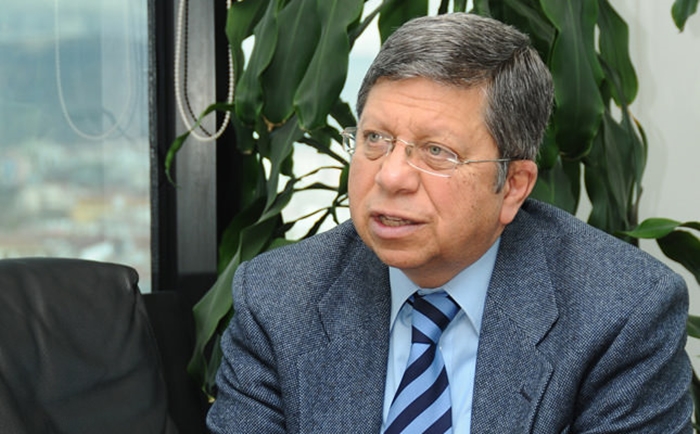Chief advisor to President Recep Tayyip Erdoğan and columnist İlnur Çevik has warned that there will be more chaos and instability in Turkey than during the period following the June 7, 2015 general elections if a constitutional reform package, which will be put to a public vote on April 16, is rejected.
Posting on his Twitter account in both Turkish and English, Çevik wrote: “If referendum rejects change the instability and chaos created will be nothing compared to the mess after June 7 polls.”
Çevik has received much criticism for his message.
Turkey has plunged into an environment of terror and instability following the June 7 general elections when the Justice and Development Party (AKP) failed to win enough seats in Parliament to form a single party government.
Acts of terrorism rapidly increased and a settlement process between the Turkish government and the outlawed Kurdistan Workers’ Party (PKK) came to an end following the June 7 elections. Hundreds of civilians, soldiers and police officers have been killed in terror attacks perpetrated by the PKK and the Islamic State in Iraq and the Levant (ISIL) since June 7, 2015.
In January, Turkey’s Parliament passed the constitutional amendments later approved by Turkish President Recep Tayyip Erdoğan that would transform the political system into an executive-style presidential system, effectively widening the scope of powers of the position.
The ruling AKP, backed by the Nationalist Movement Party (MHP), pushed through the legislation that President Erdoğan says will bring the strong leadership needed to prevent a return of the fragile coalition governments of the past.
The Republican People’s Party (CHP) and pro-Kurdish Peoples’ Democratic Party (HDP) fear the reform will fuel authoritarianism.
Parliament’s approval paved the way for a nationwide referendum on the amendments, which would give the president, a traditionally more ceremonial role, the power to dismiss ministers and Parliament, issue decrees, declare emergency rule and appoint figures to key positions, including the judiciary.
It would also allow the president to be a member of a political party, which is currently prohibited under the constitution as the presidency is expected to exercise impartiality.
The referendum on the constitutional amendments will be held on April 16.

